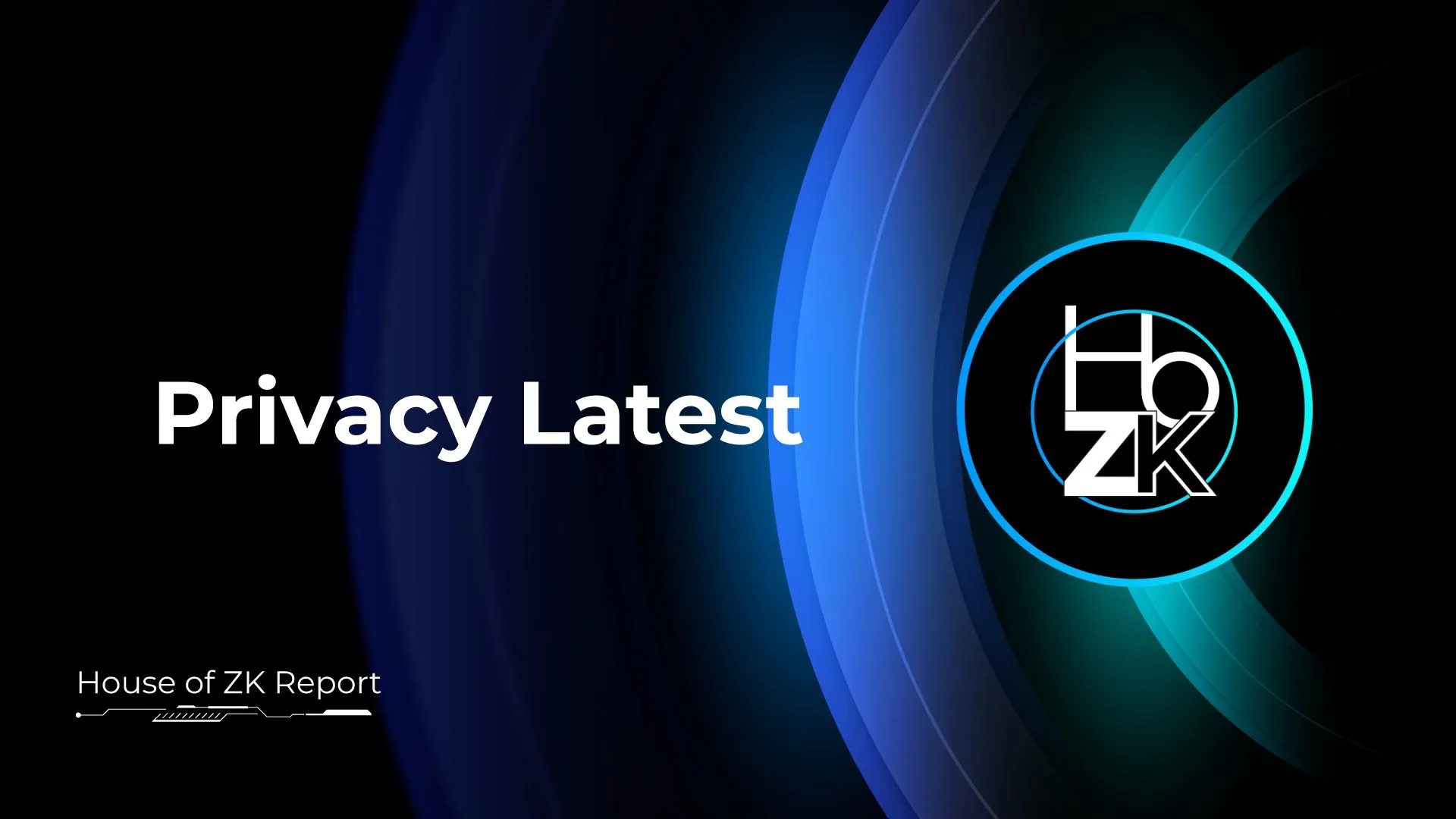
Here we report on the progress of the leading builders in the Privacy ecosystem, documenting recent significant releases, technical breakthroughs and general updates.
Featuring: @AleoHQ, @zkemail, @TACEO_IO, @selfprotocol, @0xHolonym, @nymproject, @zkPass, @nymproject, @horizengloba, @AutomataNetwork, & @reclaimprotocol
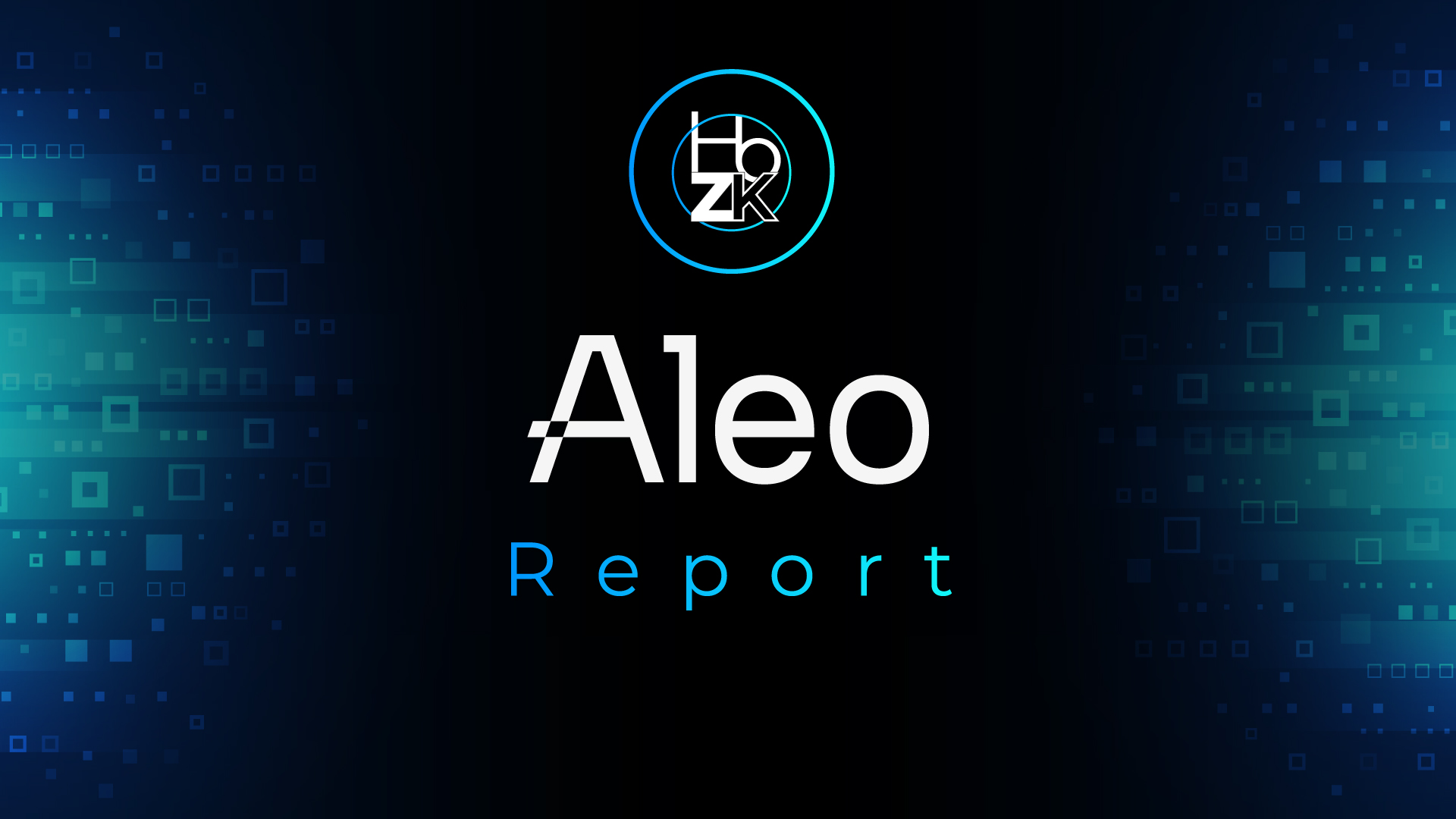
Partnerships
@AleoHQ has partnered with fintech firm @RevolutApp, becoming the first privacy-focused blockchain listed on its app: https://aleo.org/post/aleo-token-revolut-listing/
The move gives over 12 million crypto users in the UK and EEA direct access to $ALEO tokens without requiring extra KYC steps. They say users can trade with fees from 0%, stake for up to 19% APY, and withdraw to self-custody wallets, supporting wider adoption of zero-knowledge applications in Europe.
Media
@1HowardWu, Co-founder of Aleo, in an interview with @Bitcoinist, said that widespread blockchain adoption requires both privacy and regulatory compliance.
Aleo uses ZKPs to keep transactions private while allowing selective disclosure for oversight. Its tools let developers build secure applications without deep cryptography knowledge. Partnerships, like with @googlecloud, aim to enhance scalability, stability, and accessibility for privacy-focused Web3 solutions.
Howard also featured in a recent episode of @HouseofZK Radio, where he joined @alicelingl to talk about his 14-year journey in crypto, from early interest in Bitcoin to co-founding Aleo and founding @ProvableHQ: https://x.com/HouseofZK/status/1953466007667814582
He revealed insights into Aleo’s architecture, including SnarkVM, SnarkOS, and LEO, and discussed new developments such as ZKML tooling and ZPass for privacy-focused identity verification.
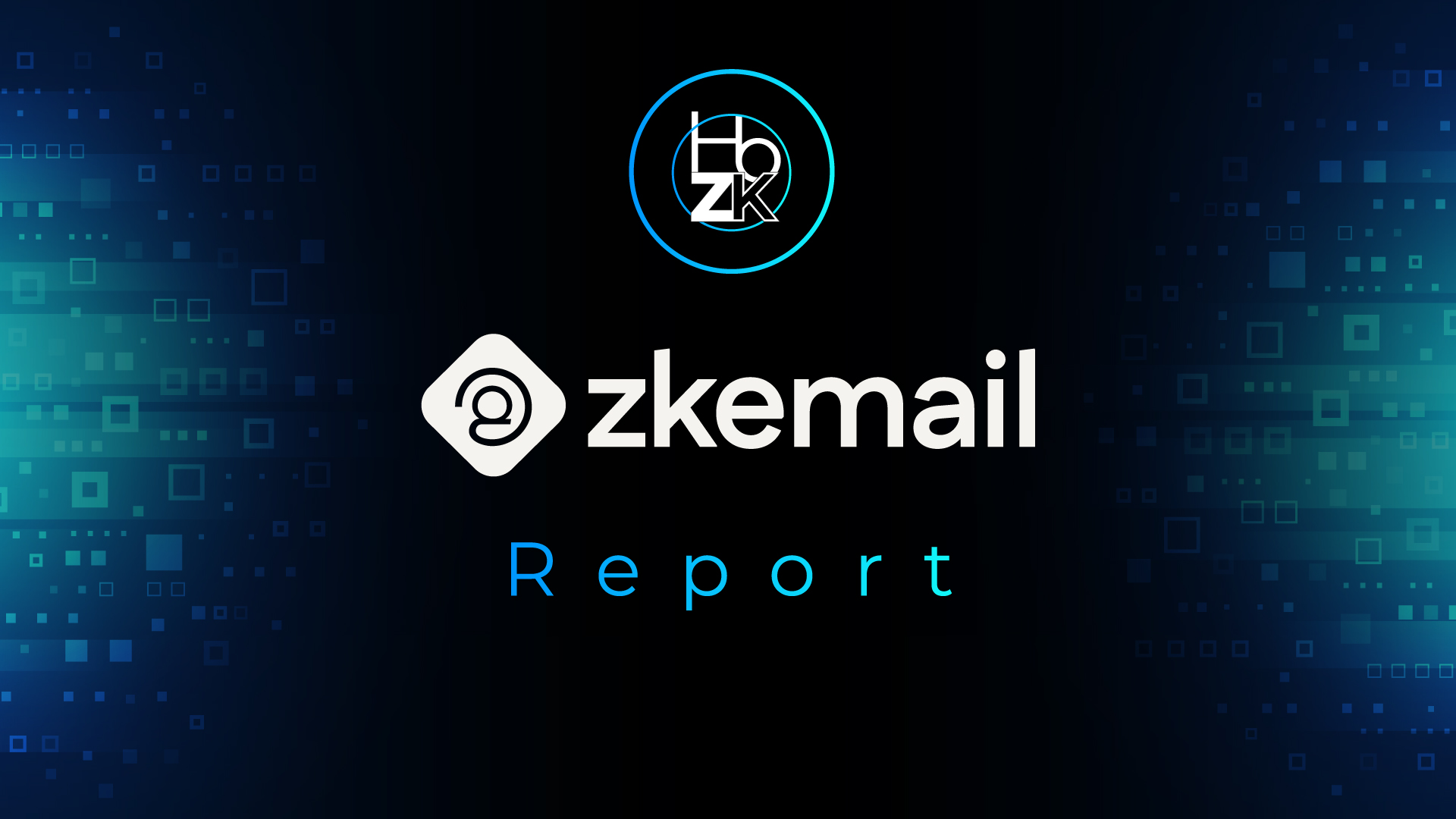
Partnerships
@zkemail, in collaboration with @okx and @OpenZeppelin, is developing ERC-7969, an @ethereum standard for onchain DKIM Registries: https://x.com/zkemail/status/1945876223651156452
DKIM verifies an email’s domain authenticity, but smart contracts struggle with live verification when DNS is unavailable. ERC-7969 provides a standardized way to trust public key hashes, supporting DNS and fallback methods for uses like wallet recovery and decentralized identity.
Publications
ZK Email published an in-depth post explaining that zk-regex v2 enables proving specific text matches without revealing unrelated data: https://x.com/zkemail/status/1953486814926512604
The post explains how, unlike v1, which embedded regex matching inside circuits using DFAs, v2 offloads matching to an external engine, verifies traces via NFAs, and delivers faster, smaller, and more flexible proofs. This approach supports richer patterns, modular design, and privacy-preserving applications.
Media
At the recent @HouseofZK event at @frontiertower San Francisco, @yush_g of ZK Email shared how common DKIM signatures in billions of emails can be transformed into verifiable cryptographic claims: https://x.com/HouseofZK/status/1950839439833403443
The approach enables applications from Sybil resistance to on-chain identities and atomic marketplaces, adapting existing email infrastructure for ZKP systems.

Tech
@TACEO_IO has launched "TACEO: Proof into production", enabling ZK apps to delegate proof generation to a secure multiparty computation network: https://core.taceo.io/articles/taceo-proof-prod/
After a beta period with over one million proofs generated, the system showed faster performance than local proving, especially on mobile. New features include batch proving, a developer dashboard, independent node providers, and broader infrastructure support, aiming to improve privacy, speed, and decentralization for ZK apps.
Fundraising
The project announced the raise of $5.5 million in a seed round led by @archetypevc with participation from @a16zcrypto CSX, @cyberFund_, @polymorphiccap, @daedalus_angels, @wagmi_vc and others to advance its private shared state network: https://core.taceo.io/articles/seed/
The company’s coSNARK technology combines ZKPs and multiparty computation, enabling secure collaborative data processing without revealing sensitive information. Already powering @worldcoin’s iris checks and supporting @aztecnetwork developers, TACEO aims to make privacy and verifiable trust core internet infrastructure.
Media
At Aztec's NOIRCOIN 2 event, @alicelingl of @HouseofZK and @luhelminger, CEO of TACEO, discussed the project’s path from building MPC-ZK protocols for the Austrian government to enabling private shared state in collaborative apps.
They explored combining ZK and MPC, academic-to-production lessons, and real-world uses of @NoirLang and Circum in deployments: https://x.com/HouseofZK/status/1948737597666144411

@selfprotocol has partnered with @googlecloud to integrate ZKP identity tools into Web3 developer platforms and AI services: https://self.xyz/blog/google-cloud-x-self
The collaboration will connect Self’s proof-of-humanity technology with Google Cloud’s Web3 Portal, Testnet, and Mainnet Faucets for identity verification and compliance. Serving over 8 million users globally, Self enables privacy-preserving identity attestations on the Celo blockchain without storing personal data.
The project has also partnered with @Mavu_work to bring privacy-focused identity verification to its microtask platform: https://x.com/SelfProtocol/status/1953170440157053222
Using ZKPs, users can prove humanity by registering official IDs and receive rewards in MiniPay wallets. The integration helps ensure real people complete tasks, supporting secure cooperation between verified humans and AI agents.
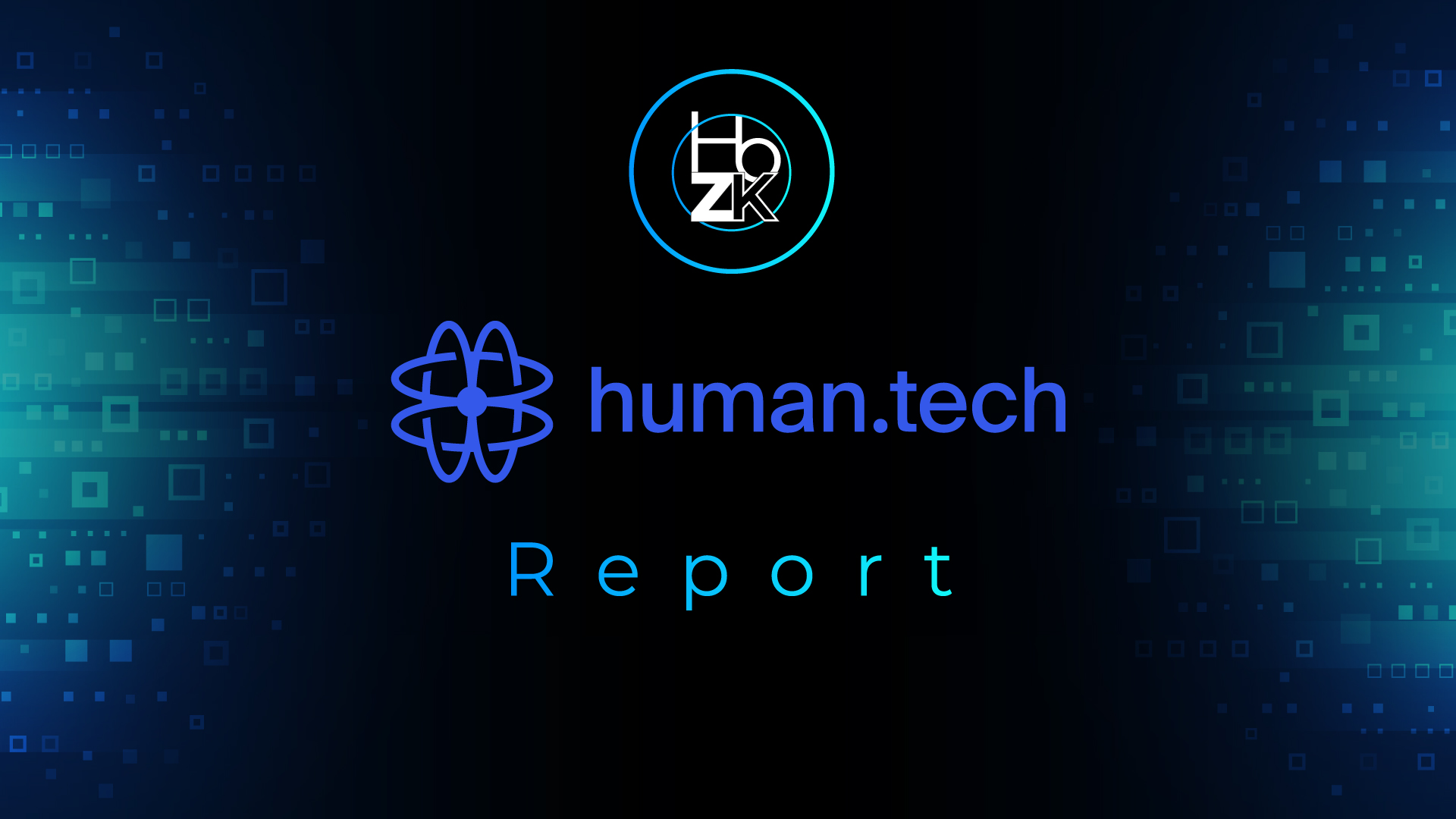
Community
@0xHolonym has launched Season 1 of HUMN onchain SUMR, a campaign rewarding verified onchain participation: https://passport.human.tech/blog/humn-onchain-sumr-season-1-is-live
Users with a Humanity Score of 20+ can earn new HUMN Points by engaging with @HumnPassport, such as collecting Stamps and minting passports. Those verified before July 13 receive a 2x multiplier. Human Passport, with over 2 million users, offers privacy-preserving identity verification for secure, Sybil-resistant participation.
Partnerships
The project has also joined the @StellarOrg ecosystem to provide privacy-preserving digital identity solutions that verify real users without exposing personal data: https://human.tech/blog/build-human-tech-stellar
Backed by Stellar’s Community Fund, its tools include @zer0nym, @HumnPassport and @thehumnwallet, using ZKPs and decentralized infrastructure. These solutions aim to improve onboarding, enable compliant transactions, support humanitarian aid delivery, and strengthen trust in decentralized applications.

@zkPass announced a partnership with @BearFAIxyz to integrate privacy-preserving data verification into AI-driven Web3 applications: https://x.com/zkPass/status/1949497061000319086
zkPass provides infrastructure for secure, cross-blockchain data validation, while BearFAI focuses on decentralized artificial intelligence. Both teams emphasized combining technical precision with long-term vision to develop privacy-first, trustless systems, aiming to enable secure and transparent decentralized AI at scale.
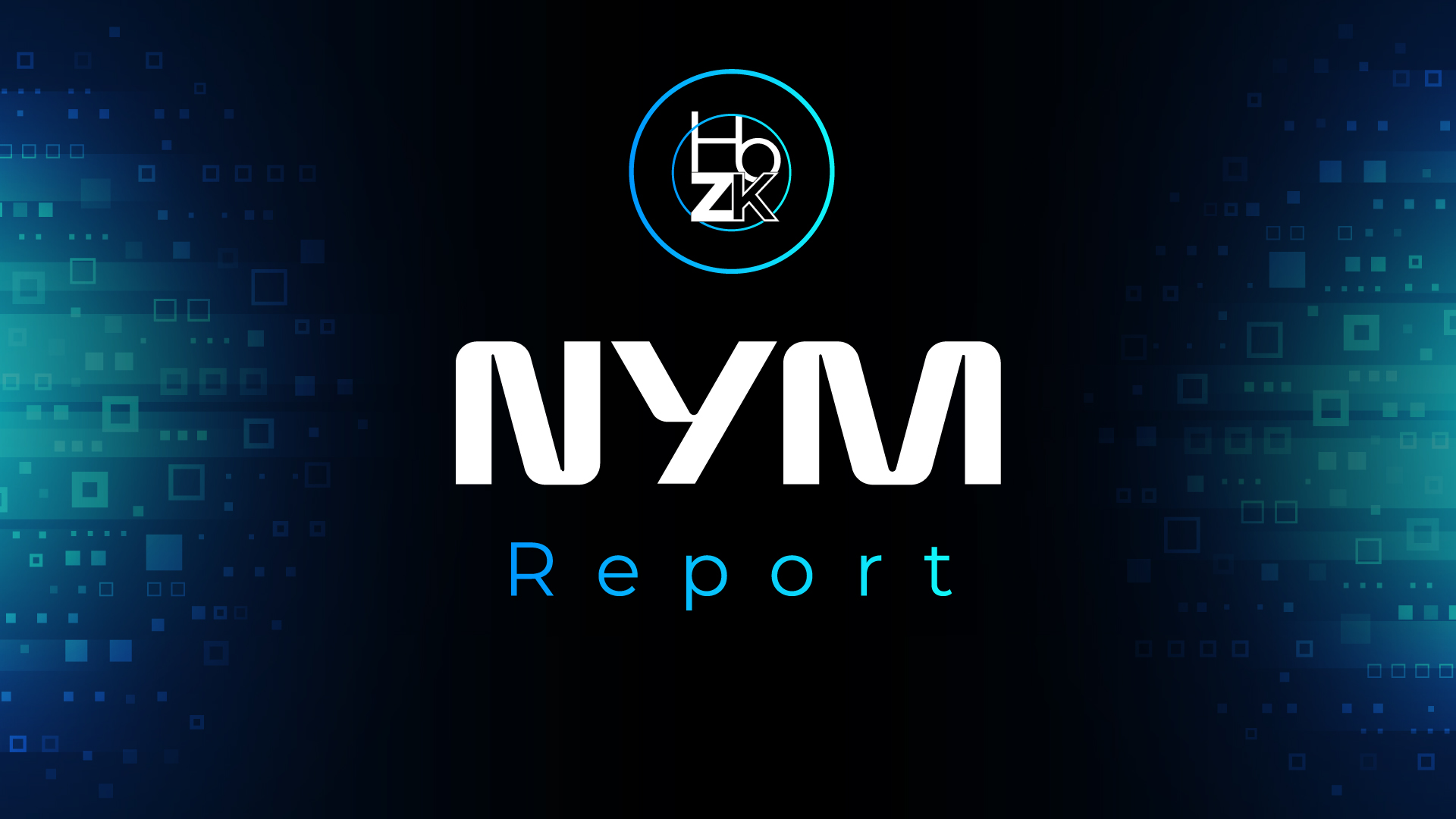
Tech
@nymproject has released an updated NymVPN app for iOS, adding in-app subscription purchases in line with Apple’s new requirements, eliminating the need for website transactions: https://nym.com/blog/nymvpn-ios-in-app-payments
This update ends a long pause in releases, with regular updates planned. Version 2025.11 brings stability improvements, reconnection fixes, bandwidth reporting changes, and enhanced performance, with updates for other platforms coming soon.
Shortly after, the project also released NymVPN v2025.12, adding IPv6 detection and control on Linux and Windows, enhanced error monitoring, and network statistics settings: https://nym.com/blog/nymvpn-v2025.12
Updates include bug fixes across macOS, iOS, and Android, plus performance improvements. The team aims to boost stability, refine monitoring, and ensure reliable service in regions with heavy internet censorship.
Partnerships
Nym can now be purchased directly through @unstoppablebyhs, a non-custodial, multi-chain crypto wallet built for privacy and decentralization: https://nym.com/blog/unstoppable-wallet-and-nymvpn
Unstoppable stores keys on-device, requires no signups, supports Tor, and interacts directly with blockchain nodes. The partnership promotes a privacy-first “stack” to protect both cryptocurrency and network-layer metadata from surveillance and centralization risks.
Nym have added @litecoin as a payment option: https://nym.com/blog/nymvpn-and-litecoin
Litecoin offers fast, low-fee transactions and broad exchange support. Users can pay anonymously, with no account, email, or KYC required.
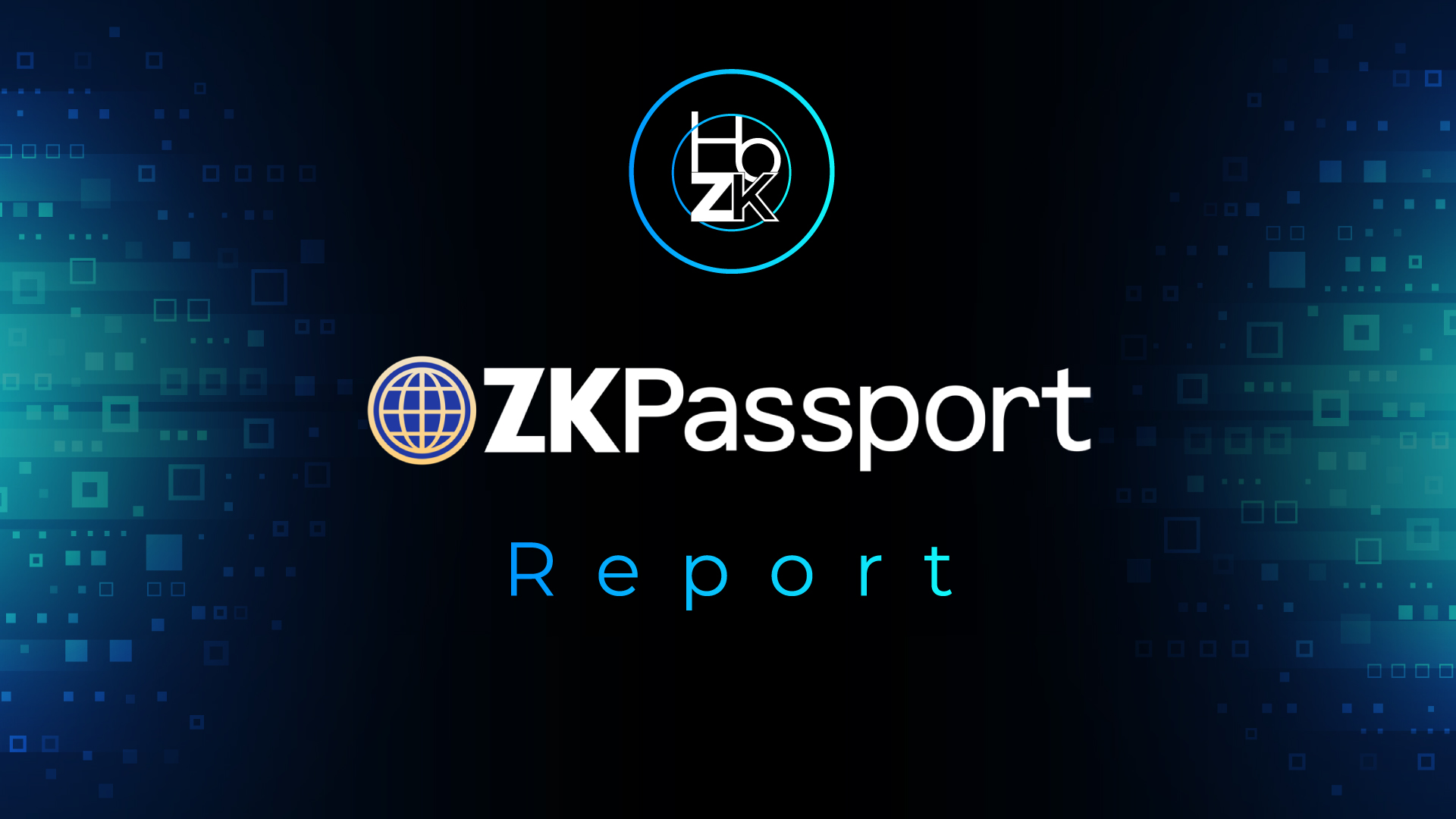
The recording from @HouseofZK's NoirCon 2 interview with @michaelelliot and @madztheo, Co-founders of @ZKPassport, was recently released on X and YouTube: https://x.com/HouseofZK/status/1949782128855531590
Focusing on mobile-first, ZK identity, they explained how passport chip data and government signatures can act as decentralized trust anchors, enabling self-sovereign, verifiable credentials while balancing privacy, compliance, and user experience.

@horizenglobal and @thriveprotocol will soon launch a grant program supporting up to 50 developers: https://x.com/horizenglobal/status/1953518228585799845
The initiative targets projects in private DeFi, zkML, privacy-preserving AI, gaming, and governance, with milestone-based funding designed to prioritize results and maintain a strong focus on privacy.

@AutomataNetwork has integrated DCAP Attestation v1 into @SecretNetwork’s Confidential Virtual Machine (SecretVM), enabling secure workload deployment within Trusted Execution Environments: https://blog.ata.network/dcap-attestation-v1-with-secret-network-f3d5e7141ee4
This update allows anyone to inspect attestation results, anchoring verification data onchain for auditability.
Supporting over nine mainnets, DCAP Attestation v1 helps projects using secure hardware avoid duplicating infrastructure work, promoting neutrality, verifiability, and open-source collaboration across blockchain and non-crypto applications.

@reclaimprotocol has released Mobile SDKs v0.10.11, aimed at improving performance and reliability, especially on low-end devices and unstable networks: https://x.com/reclaimprotocol/status/1948085204318650713
The update includes better memory handling to reduce crashes, more dependable claim generation in poor connectivity, clearer error messages for stalled processes, enhanced compatibility with third-party websites, and quicker login detection for faster startup.
These changes aim to improve real-world usability for developers and end users.